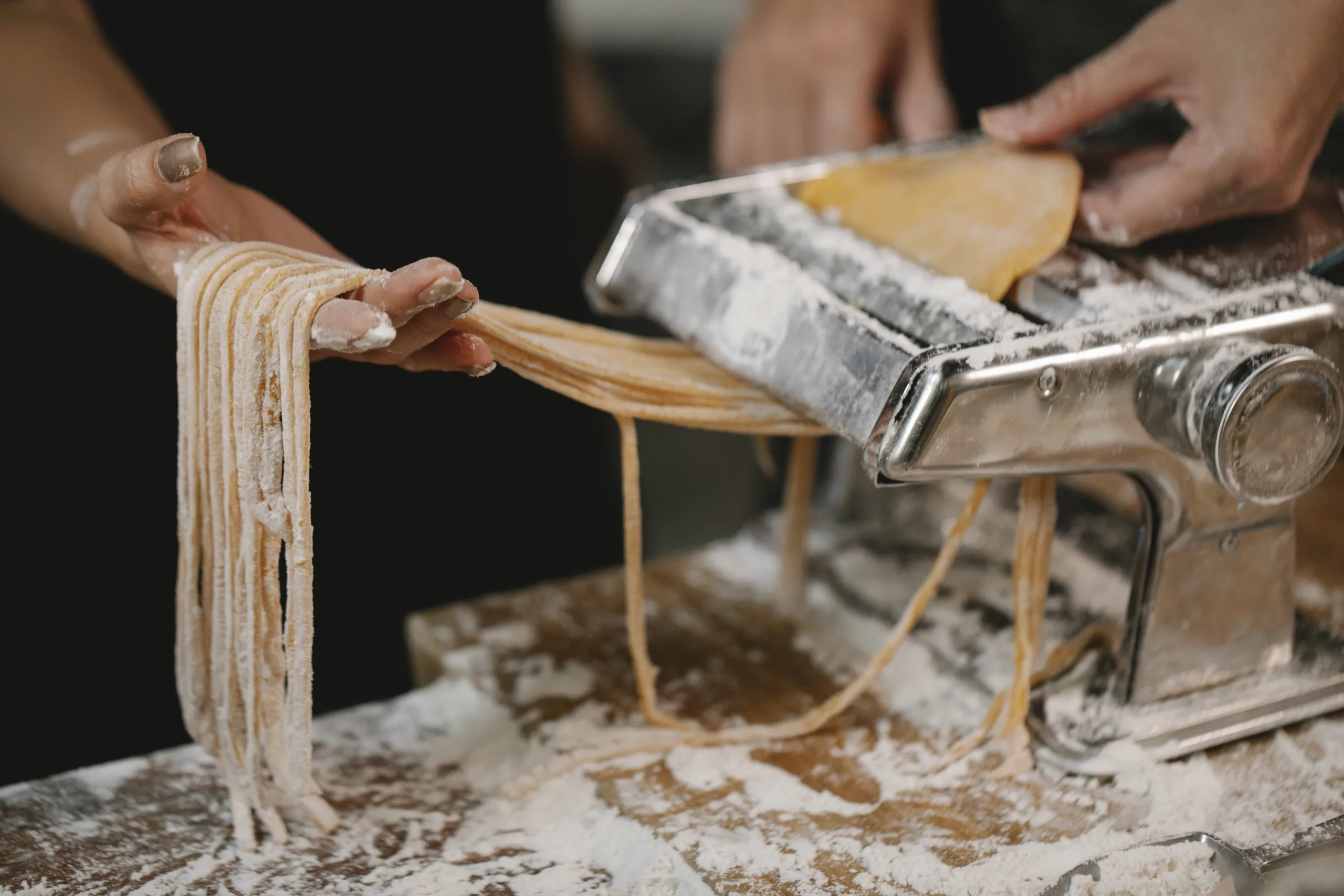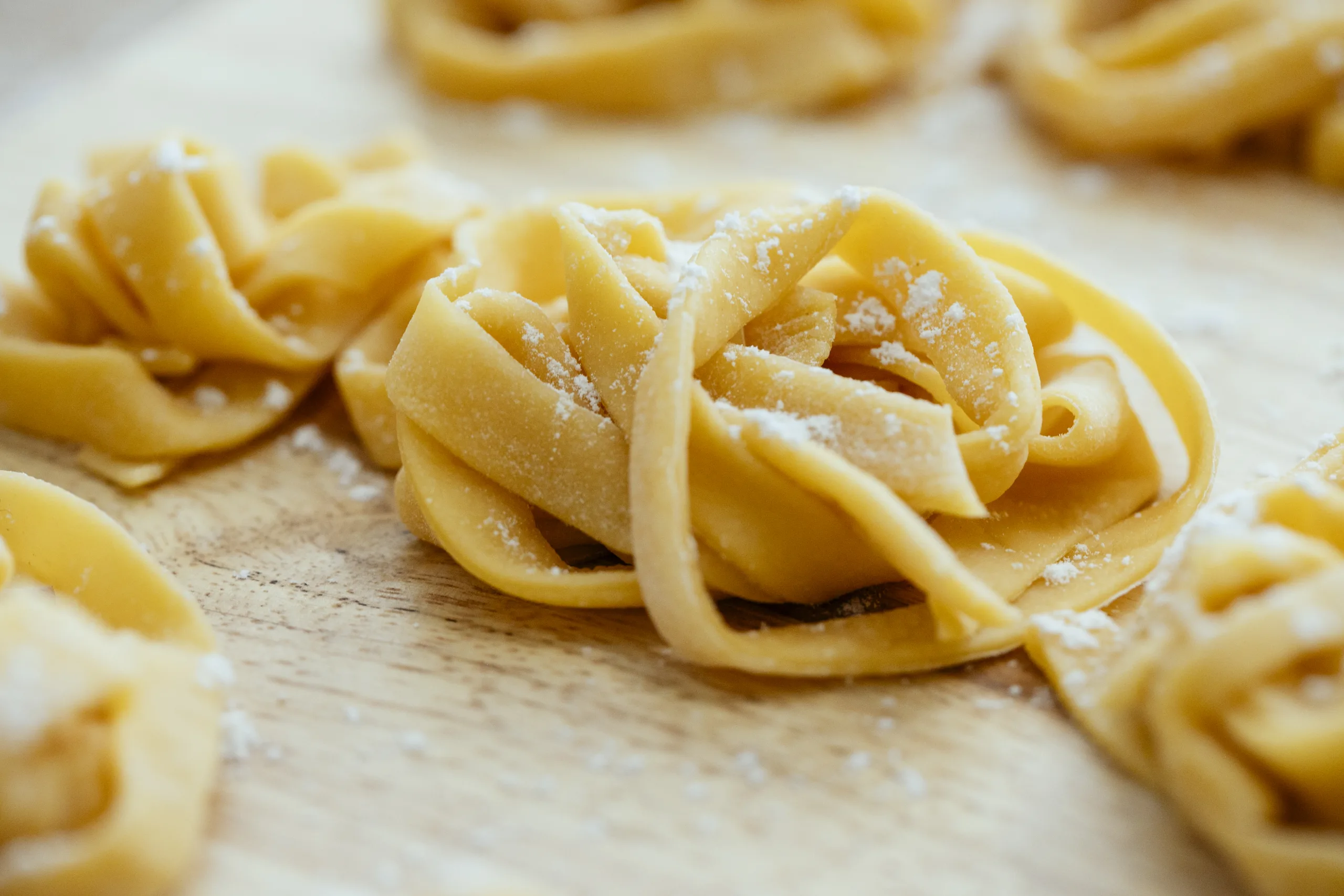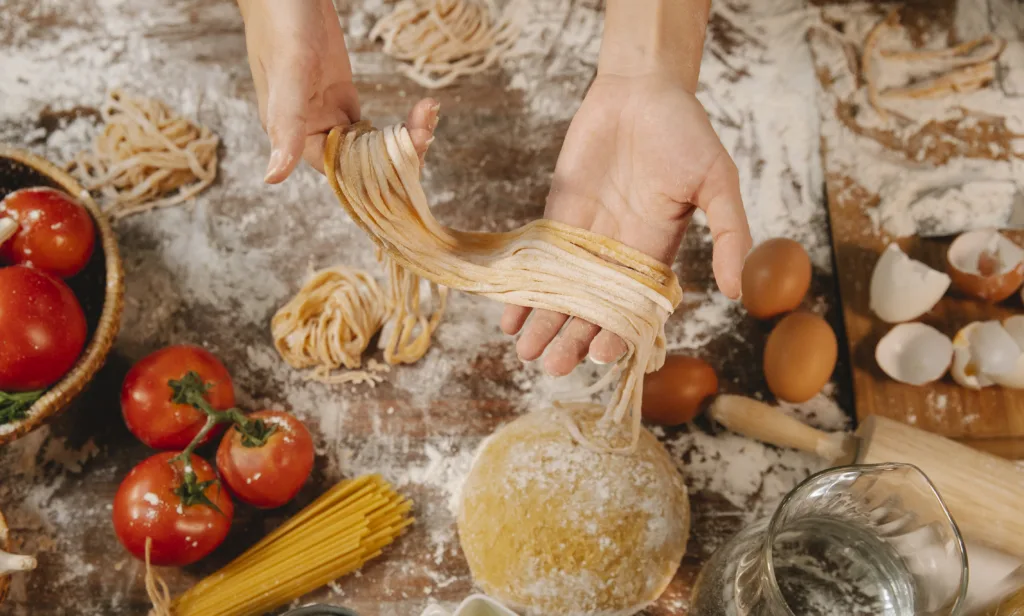Grab a box of pasta and you can enjoy a quick and easy meal in minutes. But how long can unopened pasta last?
This article will answer that question and provide key information on how to store and preserve your unopened pasta. You will learn the shelf-life of different types of unopened pastas, such as dry, fresh, canned, frozen, etc. You will also get tips on how to tell when your pasta has expired so you can be sure to always have fresh pasta in your pantry.
With this information in hand, you’ll never have to worry about the freshness of your pasta again!Unopened pasta can last for up to two years in the pantry when stored at room temperature.
How Long Does Unopened Pasta Last in the Refrigerator?
Unopened boxed or bagged dry pasta can last up to two years in the pantry. If stored properly, unopened pasta can last even longer. Once opened, dry pasta should be stored in an airtight container and eaten within two weeks. Although, if you’re looking for an even longer shelf life, you can store unopened pasta in the refrigerator for up to three months.
When it comes to cooked pasta, it should be stored in an airtight container and consumed within three to five days of cooking. If you plan on storing cooked pasta for longer than five days, it’s best to freeze it. Frozen cooked pasta will stay good for up to six months when stored properly.
When reheating refrigerated or frozen cooked pasta, make sure it is heated until steaming hot all the way through before serving. It’s also recommended to use a food thermometer when reheating as a way to ensure food safety.
How to Check if Unopened Pasta Has Expired
Checking if unopened pasta has expired is important for food safety and to ensure that you’re getting the most out of your meal. There are a few methods you can use to determine if unopened pasta has gone bad.
The first thing you should look for when determining if unopened pasta has expired is the expiration date. Most packaged pasta products will have an expiration date printed on the packaging. If the date has already passed, then it’s best to discard the product, as it’s likely expired.
You can also look for signs of spoilage on the package, such as discoloration or a strong smell coming from the package. If either of these are present, then it’s best to discard the product as it may have gone bad.
It’s also important to check for any bulging or swelling in the packaging. This could be a sign that bacteria or mold has grown inside, which could make you sick if you consume it. If there is any bulging or swelling, then it’s best to discard the product as well.
Finally, you should also check for any signs of insect infestation in the package as well. If there are any signs of small insects or larvae in the package, then this is another sign that it may have gone bad and should be discarded accordingly.
By following these tips, you can easily determine if unopened pasta has gone bad and whether or not it should be discarded before eating it.
The Effects of Storage Temperature on Unopened Pasta
Proper storage of food items is important to ensure their quality and shelf life. This is especially true for unopened pasta, which can easily become spoiled if not stored correctly. The temperature at which pasta is stored can have a major effect on its quality and shelf life, so it’s important to understand the effects that different temperatures can have.
When storing unopened pasta, it’s best to keep it in a cool, dry place. The ideal temperature for storing pasta is around 68°F (20°C). Storing pasta at this temperature will help to maintain its flavor and texture for longer periods of time. If the temperature rises above 68°F, the quality of the pasta will start to deteriorate quickly; flavors may start to fade, and the texture may become mushy or grainy.
It’s also important to avoid storing unopened pasta in extreme temperatures. If the temperature drops below freezing (32°F/0°C), the pasta may become brittle and difficult to cook properly. On the other hand, if it’s stored at temperatures higher than 68°F (20°C), it could spoil quickly due to bacterial growth.
Overall, when storing unopened pasta, it’s best to keep it in a cool, dry place with a temperature of around 68°F (20°C). Storing it at this temperature will help maintain its flavor and texture for longer periods of time.
The Recommended Shelf Life of Unopened Pasta
Pasta is a staple in many kitchens around the world and is a great source of carbohydrates and protein. While there are many varieties of pasta, they all share a common trait: they have a limited shelf life. It is important to know how long your unopened pasta can last so that you can make sure it is always fresh and safe to eat.
The recommended shelf life of unopened pasta depends on the type and brand, as well as the storage conditions. Generally, dry pastas made with durum wheat will last for up to two years if stored in a cool, dry place away from sunlight. Egg noodles, such as those used for ramen or Asian dishes, should be used within one year of purchase. Fresh pastas made without preservatives should be used within one week after purchase.
It is important to check the expiration date on pasta packages before purchasing them. If you are unsure about the shelf life of an unopened package of pasta, it is best to err on the side of caution and discard it after its expiration date has passed. Additionally, always inspect the packaging for signs of damage before purchasing or using the pasta – any sign of damage or tampering could mean that the product is no longer safe to consume.
With proper storage and care, unopened packages of pasta can last for up to two years or more depending on the type and brand. Make sure to check expiration dates carefully and discard any packages that have passed their expiration date. By doing so, you can ensure that your meals with pasta always taste their best!

Storing Unopened Pasta
Storing unopened pasta is an important part of ensuring it stays fresh and safe to eat. The best way to store unopened pasta is in a cool, dry place. This could be a kitchen cupboard, pantry or even the refrigerator. Keeping it away from heat sources such as ovens and stoves is important, as this can cause the pasta to spoil prematurely.
When storing unopened pasta, make sure to check the expiration date on the package before purchasing. It’s also important not to purchase more than you need at once, as this can lead to waste if the product is not used within its expiration date. Additionally, make sure that the storage area is well-ventilated and clean, as this will help prevent mold or bacteria from forming on the pasta.
It’s also important to keep unopened pasta away from moisture and humidity. This means not storing it in areas where there is a lot of steam or high humidity such as near sinks or dishwashers. Additionally, always keep the package sealed when not in use, as this will help prevent any moisture from entering and spoiling the product.
Finally, when storing unopened pasta for long periods of time, make sure that it’s stored in an airtight container or bag that’s been sealed tightly with a lid or tape. This will help ensure that no moisture or air gets inside and causes spoilage or contamination of the product. Following these tips will help ensure that your unopened pasta stays fresh and safe to eat for longer periods of time.
How to Tell If Opened Pasta Has Gone Bad
Knowing if opened pasta has gone bad is important for food safety and to ensure that your meal tastes its best. There are some telltale signs that you can look out for to make sure that your pasta is safe to eat.
One of the most common ways to tell if opened pasta has gone bad is by checking the expiration date on the package. If it has passed its best before date, it is likely time to discard it. It’s also a good idea to check for any signs of mold growth or discoloration on the pasta, which can be an indication that bacteria has grown on it.
Another way to tell if opened pasta has gone bad is by smelling it. If it has an unpleasant odor or smells off, then it’s probably best not to consume it. Additionally, you want to make sure there are no bugs or larvae present in the opened package, as this can be a sign of spoilage.
Finally, you should also make sure that the pasta isn’t sticking together or becoming hard and brittle as this could mean that it has been exposed to moisture and air for too long and may have become rancid. Ultimately, if you’re unsure whether or not your opened pasta is safe to eat, then it’s best not to risk consuming it and throw it away instead.
Signs of Spoiled or Bad Unopened Pasta
When it comes to pasta, it is important to check for signs of spoilage before using it. Unopened packages of dried pasta may appear safe at first glance, but there are a few tell-tale signs that the pasta has gone bad and should not be consumed. The most common sign of spoiled pasta is a change in color or texture. If the pasta looks discolored or appears to be slimy or sticky, it should not be eaten. Additionally, any off-putting odors coming from the package should be taken as a sign that the pasta has gone bad and should be discarded. Another indicator that the pasta has gone bad is if there is visible mold growing on its surface. Finally, if the package’s expiration date has passed, it is best to discard the pasta and purchase a fresh package.
In summary, when purchasing unopened packages of dried pasta, it is important to look for signs of spoilage before consuming it. Discoloration, off-putting odors, sliminess or stickiness, and visible mold are all indicators that the product should not be consumed. Additionally, make sure to pay attention to expiration dates when purchasing this type of product.

Conclusion
Unopened pasta is generally safe to eat for up to two years when stored in a cool, dry place. However, the quality of the pasta may start to diminish after this time. It is important to check the expiration date on the packaging as this may vary from product to product. The best way to ensure that your pasta is safe and of good quality is to follow the storage instructions on the packaging.
It is also important to note that unopened pasta should not be stored in the refrigerator or freezer, as this can affect its taste and texture. Finally, it is essential to always practice food safety when handling and preparing pasta.
In summary, unopened pasta can last up to two years when stored in a cool, dry place, but it is best consumed within a year of purchase. To ensure that your pasta is safe and of good quality, always check the expiration date on the packaging and follow any storage instructions provided.


